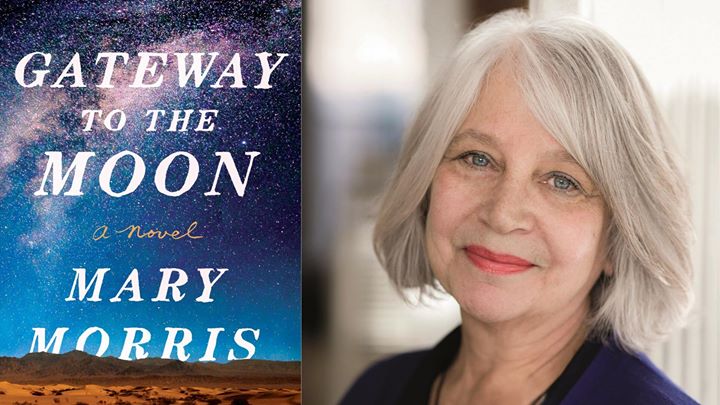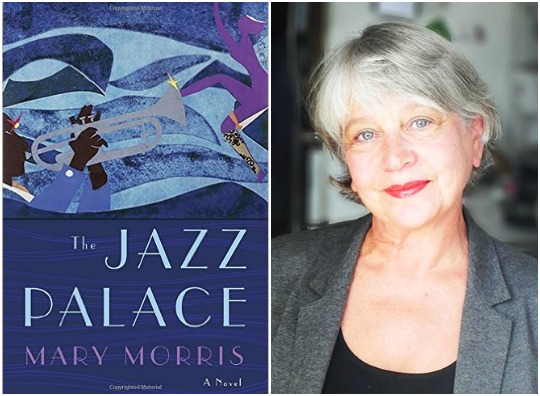With Gateway to the Moon, writer Mary Morris casts a new spell drawing water from some of her favorite wells. Her new novel is publishing today.
The Anisfield-Wolf Book Award winner for The Jazz Palace returns to Jewish history, this time spinning a family story across centuries. She puts it in motion in 1492, the year Spain expelled its Muslim and Jewish citizens and Christopher Columbus journeyed to the New World.
In Gateway to the Moon, Morris places on that voyage an interpreter she calls Luis de Torres, a Jew who has disguised himself as a Christian in order to escape the Spanish Inquisition. His descendants travel too, some settling in a little town called Entrada de la Luna in what will eventually be New Mexico. The legacy of Crypto-Judaism, secret adherence to Judaism amid an outward appearance of religious conformity, settles in too.
In her acknowledgments, Morris writes that the new work is “a story I began thinking about more than twenty-five years ago when we lived in Santa Fe and had a babysitter who believed he was a crypto-Jew. I don’t remember his name, but I remember his face and the myriad of questions he asked about Jews and Jewish rituals.” Prodded by her agent, Ellen Levine, Morris dug out her old journals from Santa Fe, which helped germinate the new novel. She dedicates it to Levine, and to her Doubleday editor, Nan A. Talese.
She also dedicates Gateway to the Moon to her husband, Larry O’Connor. Their meeting, charmingly recounted in Morris’ 2015 column for the New York Times Modern Love feature, is as soulful as the cover of her new book.
Morris, a professor of creative writing at Sarah Lawrence College, quotes the French novelist Andre Malraux in her epigraph: “The great mystery is not that we have been flung at random among the profusion of the earth and the galaxy of the stars, but that in this prison we can fashion images of ourselves sufficiently powerful to deny our nothingness.”



